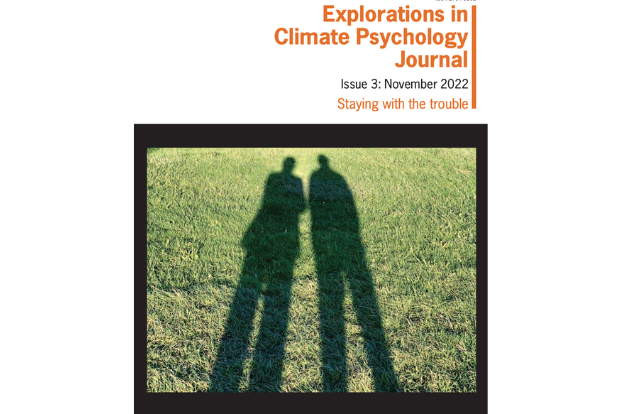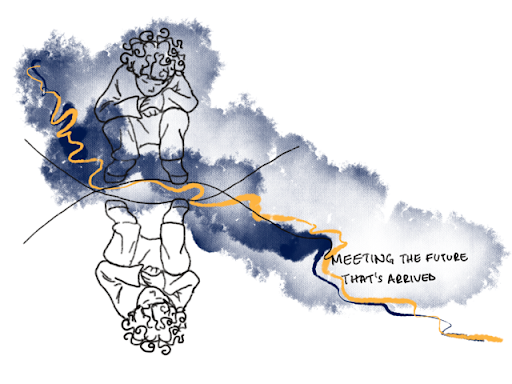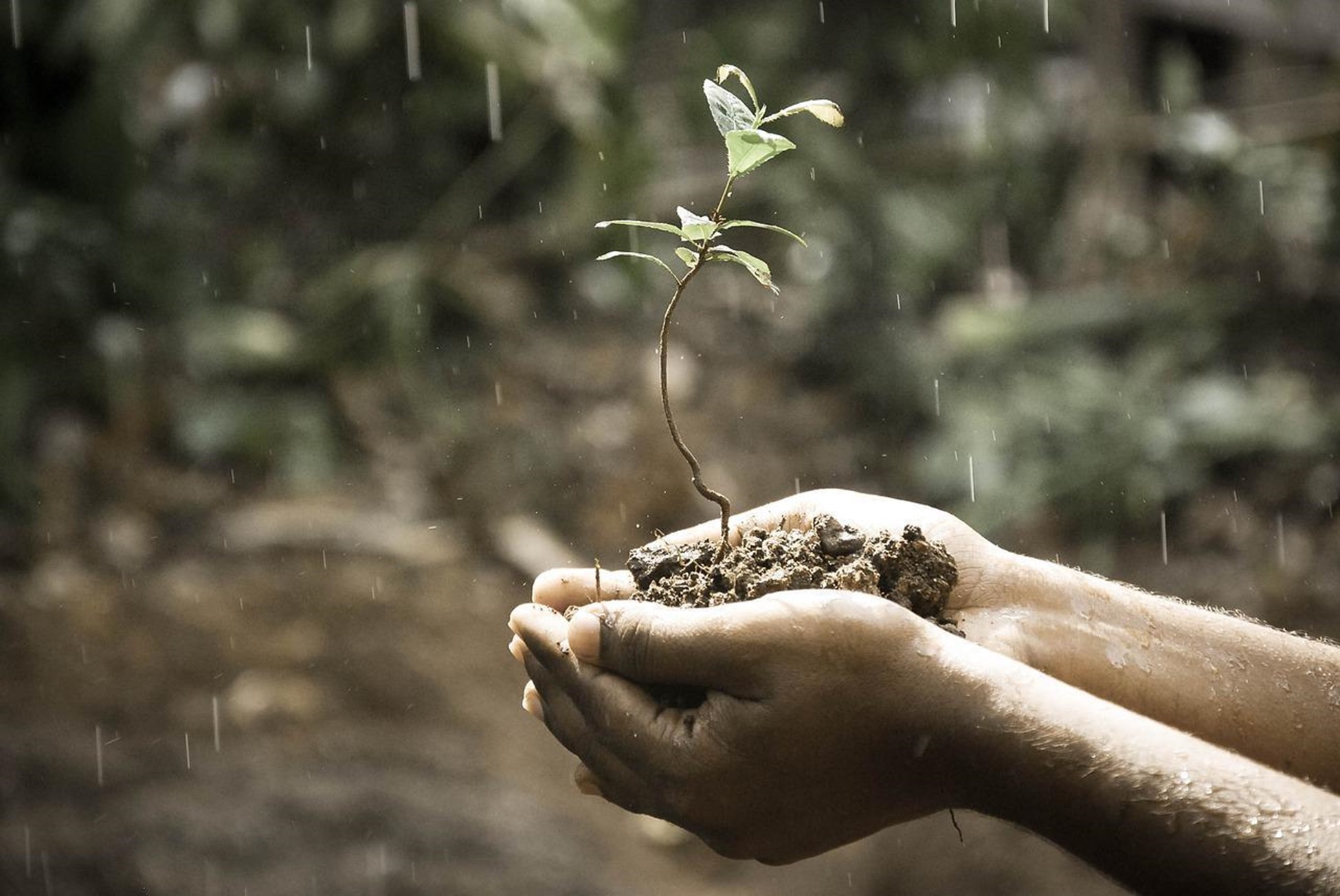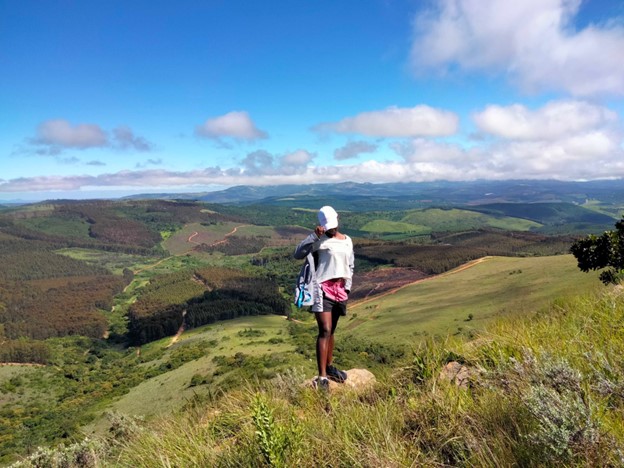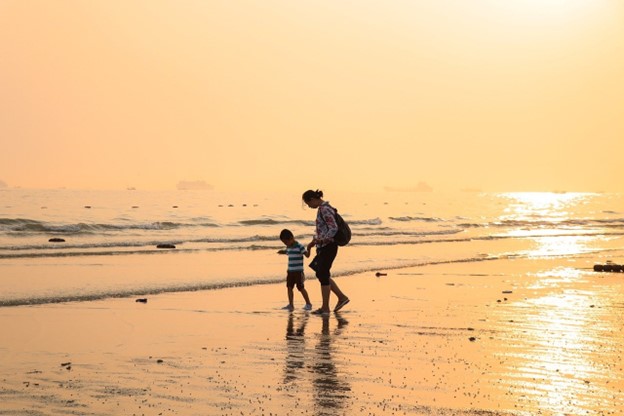We invite you to delve into our third issue of Explorations in Climate Psychology which is now available!
Explorations is an online publication that aims to be inclusive of the different ways people are experiencing and engaging with one another on the climate and ecological crisis. It welcomes various forms of expression from analytical articles, reviews and features that promote peer-reviewed research to interviews, reflections, testimonies, poetry, art and lightly edited conversations.
This latest edition explores "Staying with the Trouble" - how to contain our emotional turmoil and stay with the troubling thoughts and feelings.
Follow this link to access all three editions of Explorations.


